From climbing Snowdon solo to competing in multiple regional and national championships, Nicolas Dewalque is a man on a mission and refuses to be bound by his visual impairment. His quest is to discover and create new experiences each day.
What motivates you?
I’m mostly motivated by the world around me and the prospect of discovering and creating something new each day. Training outside each day gives me the opportunity to connect with nature, and discovering the world is part of the journey of an adventurer: there are always new things to explore and even rediscover.
As an athlete and sports lover, I’m inspired by many athletes that have achieved incredible things, like Tanya Streeter, Johanna Nordblad and Alex Honnold. I’m impressed not only by their athletic performance but by their determination and perseverance.
How did you get started?
I was born with a rare genetic disease called Aniridia, which means I have no iris in my eyes, and at a young age, sports were not easy for me. However, I soon realised that the passion of running was in me and I started athletics between 8 and 9 years old.
As a teenager, I focused on the 400m and in adulthood, despite national titles in the Paralympics and regional titles, my career took a different turn. For many years I was fascinated by the Triathlon and the announcement that this category would be introduced for the first time at the 2016 Rio Paralympic Games inspired me to pursue it.
I recently began creating videos to show my life as an athlete with a disability and my many adventures around the world. My plan is to eventually fill my YouTube channel with sports videos and debates around disability and sports.
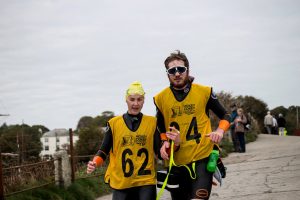
What is a typical day like for you?
My life is pretty intense. On a typical day, I’ll get up early to work on some personal projects before preparing for my first training session of the day, which usually lasts about an hour-and-a-half. After that, I’ll go back home for lunch and some rest. Then I’ll have my second training session of the day, which could be a run, a bike ride or strength training.
Tell us about your most memorable adventure. Where was it? What happened?
In 2016, I did my first swim run adventure race in Llanberis in Wales, the first edition of Love SwimRun, organized by my friends Chloe Rafferty and Jonny Collins. It’s an exceptional race through the historic mines of North Wales. Snowdonia has had a special place in my heart ever since—it’s such a breathtaking place.
While I was there, I climbed Mount Snowdon, which was my first time climbing a mountain and I did it alone. The weather conditions were quite bad that day: it was raining and there was a very thick fog. It took me around 3 hours to reach the summit, so it was quite a long journey. The time might not be that impressive, but walking on a mountain solo as a visually impaired is a tough adventure!
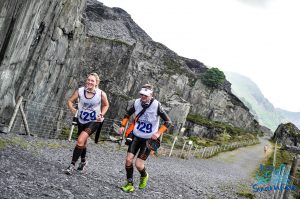
What kit do you usually need for your expeditions and projects?
If I’m going on an adventure or a race that is also an adventure, I’ll usually take my Headlamp, camping lantern and a firestarter with me, as well as a first aid kit and a survival blanket.
The camera gear I take depends on what I’m planning to film, but usually, I’ll take a couple of tripods, selfie sticks, my 360 camera, my sport action camera, and my DreamGrip to film short interviews on my iPhone. More than what you take with you, I think the most important things are the memories you bring back with you.
How do PELI Products help protect your kit? Which ones do you use?
With low vision and no contrast vision, I need something solid to protect my gear that is also brightly coloured so that I can find things quickly. This is why I have the PELI Air Case 1485 with dividers in yellow. The case is simply amazing: I use it to store my camera gear and the dividers really help me to find smaller items. When you can’t see, you work on memory, so this allows me to work much faster and safer.
The 2780R Headlamp really helps me when training, as when it gets dark, I need assistance to be able to see obstacles. I also have the PELI 1030 Micro Case and I use it to protect my emergency items such as my ID, bank cards and phone. It’s waterproof and ultra-resistant, so it’s good to have with me while on the beach and for any water sports such as kayaking.
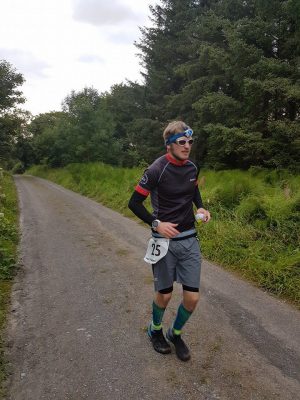
What advice would you give someone who is seeking the same line of work?
If you know what drives you in life and want results, you have to be ready to give your all, dominate your fears and overcome adversity.
I’ve learnt that if you manage things in small steps, you’ll achieve small victories each day. Setting honest goals will help you visualize your achievements.
What’s your next adventure?
This year I’ll find out if my category (ParaTriathlon) is selected for Tokyo 2020. If it is, I’ll be dedicating myself to training in order to qualify for the Paralympic Games. If not, I’ll hope for Paris 2024 and train for the athletics category there.
Throughout the coming months, I’ll be editing and broadcasting a series of Visual Poem videos on my YouTube channel.
Follow Nicolas’ sporting adventures on his:
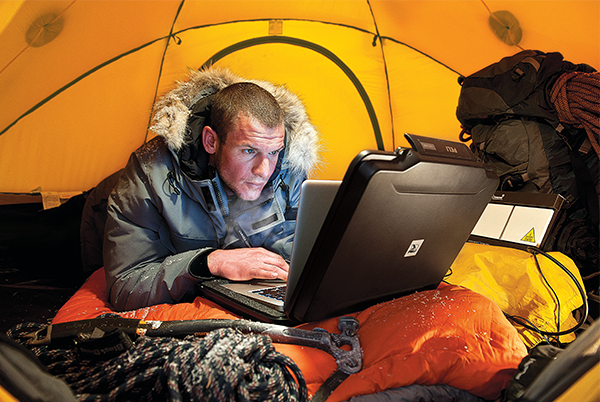
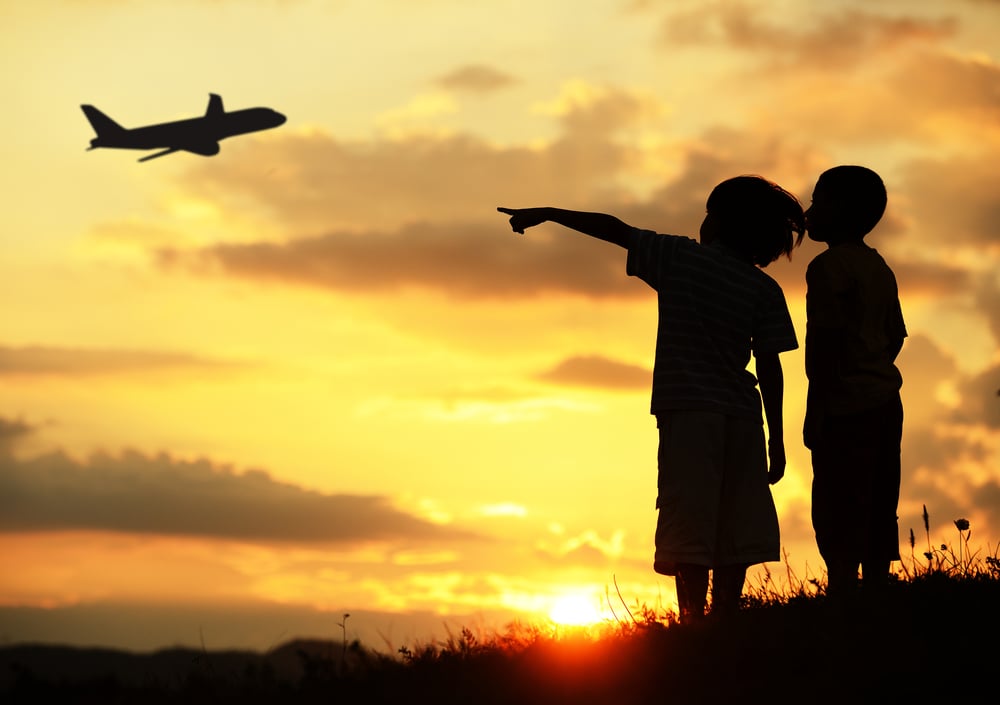
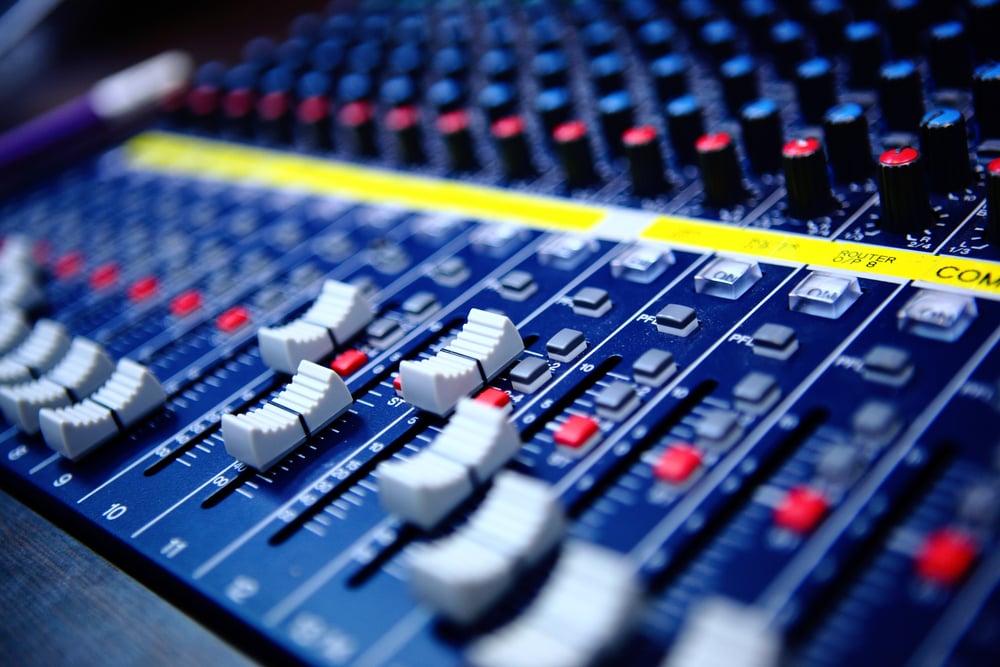
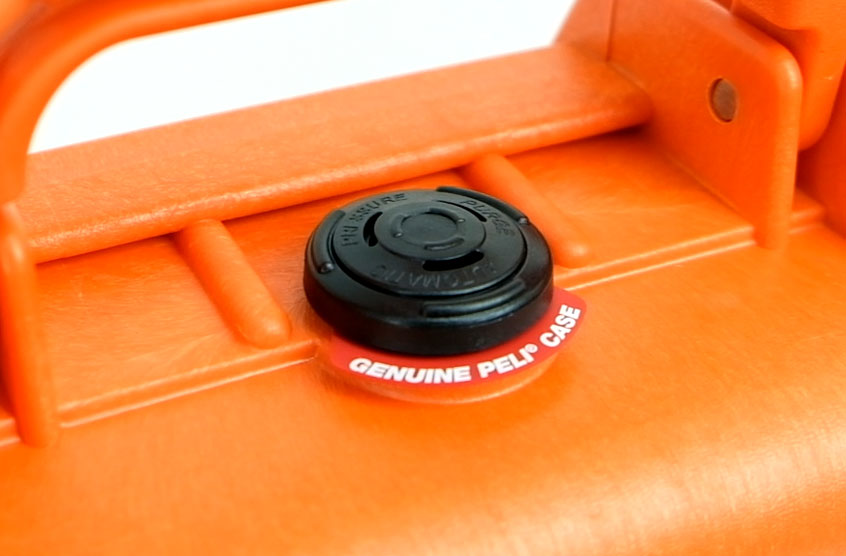
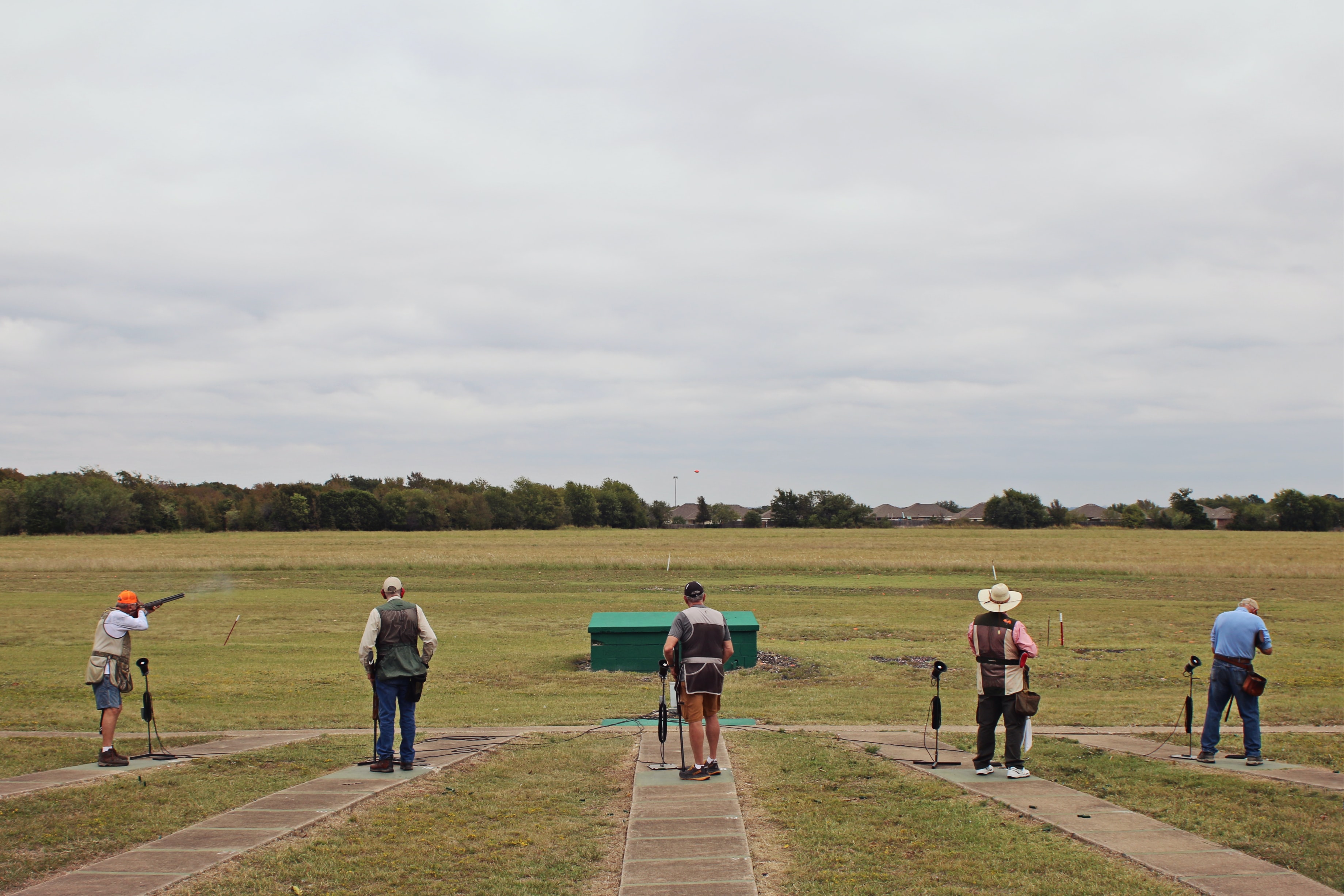
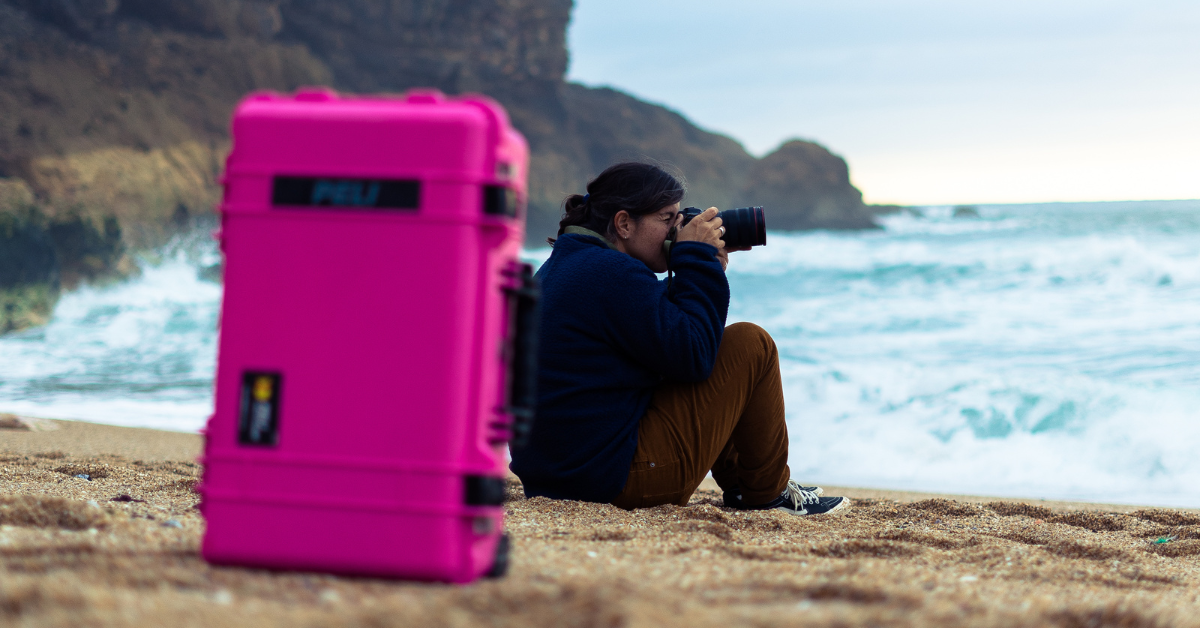
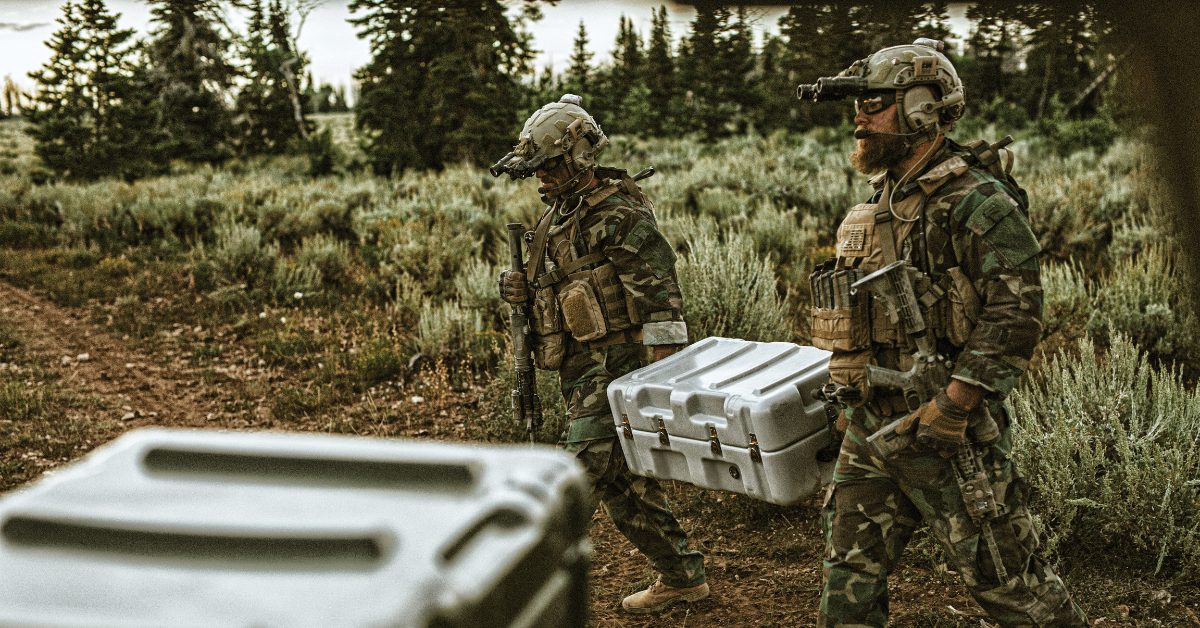
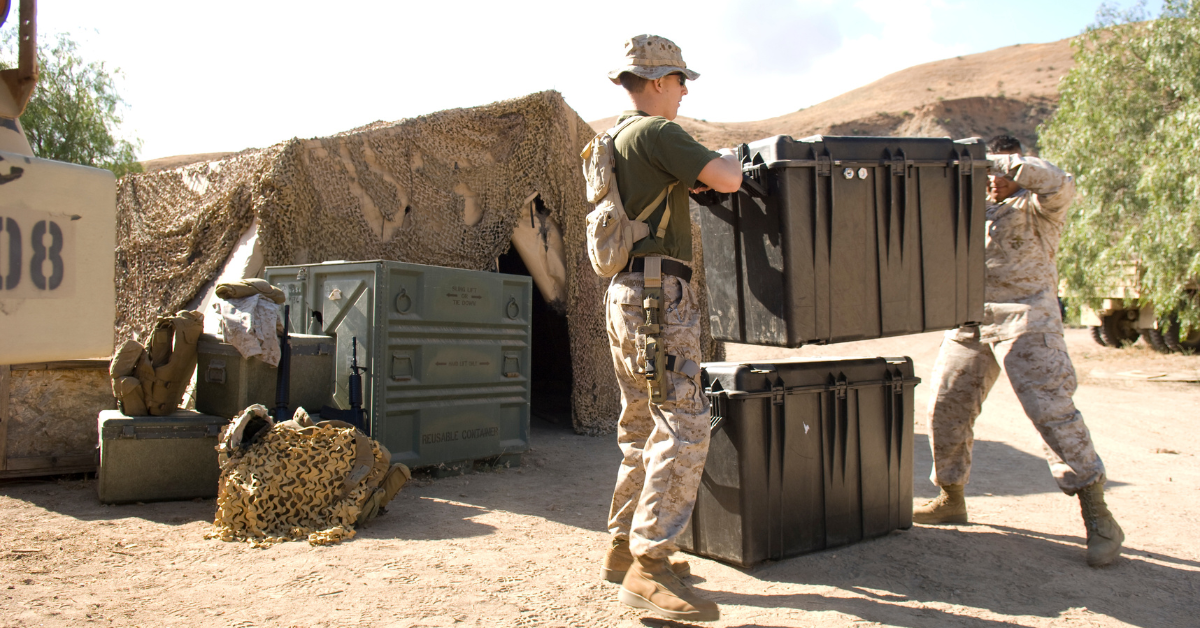
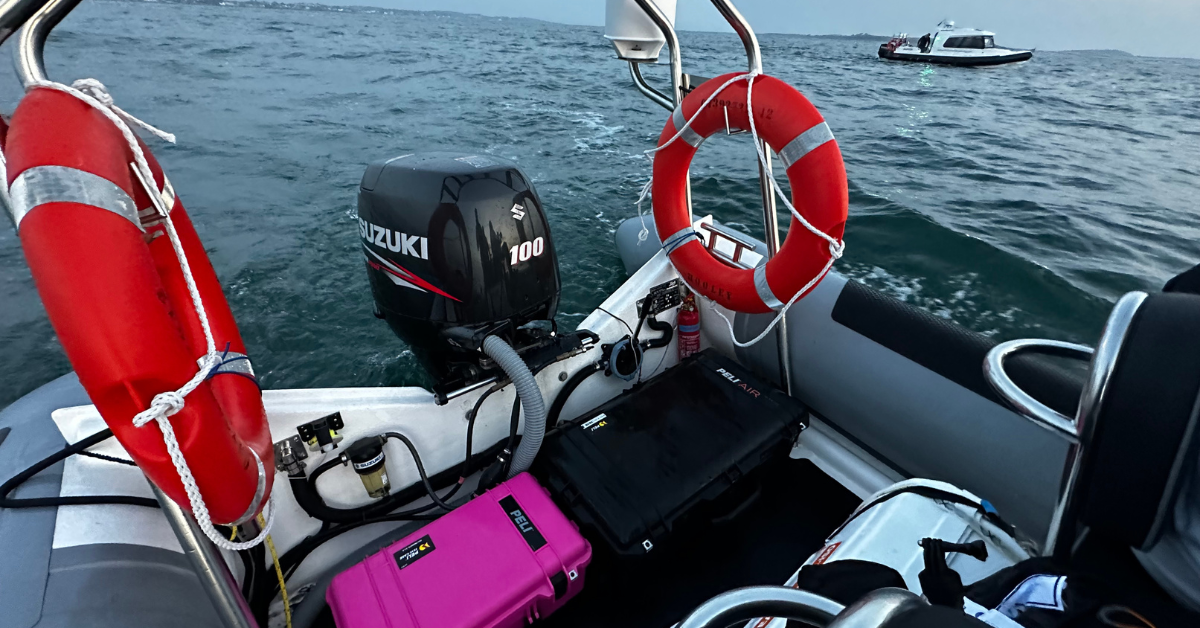
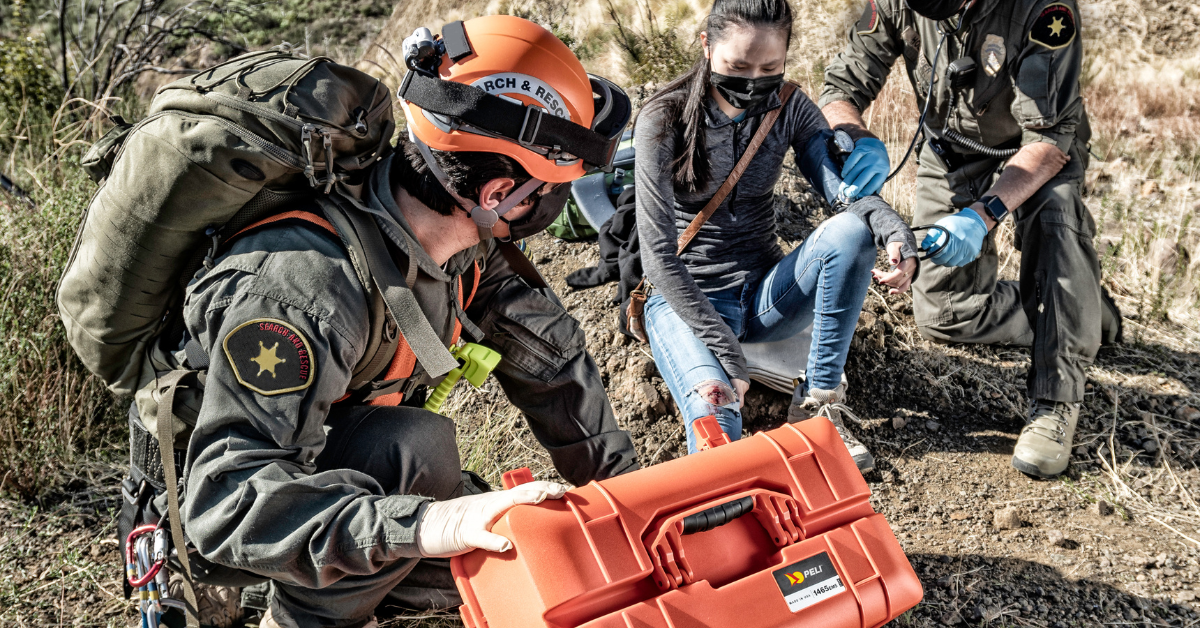
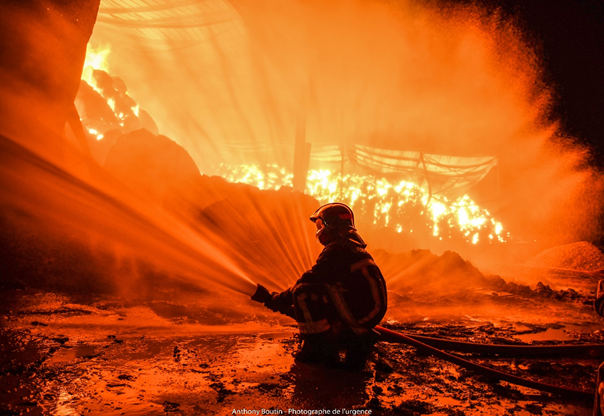
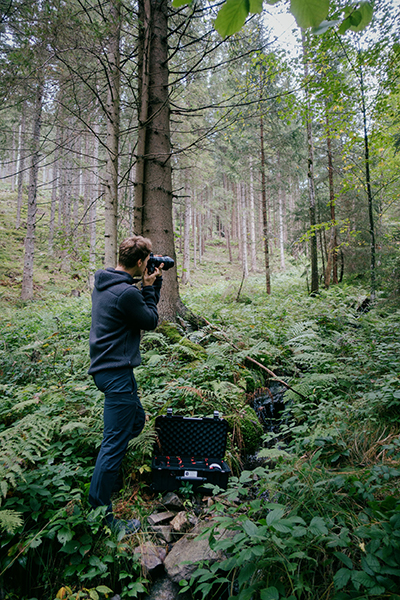
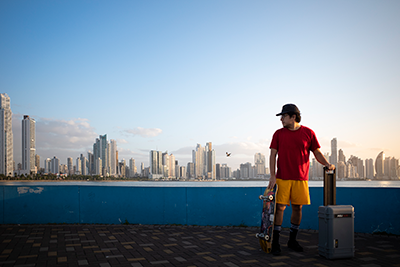
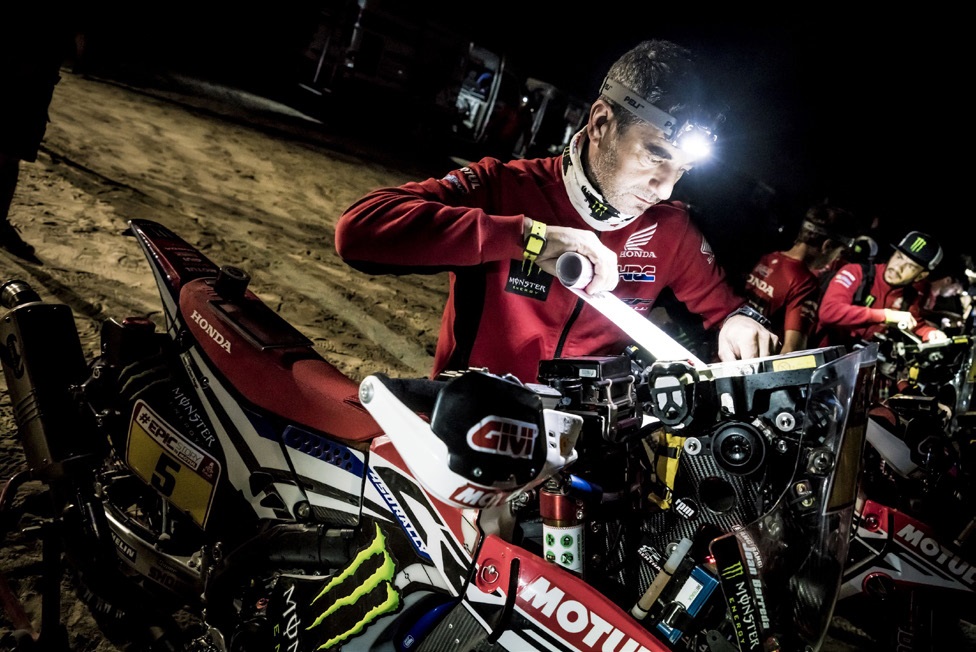
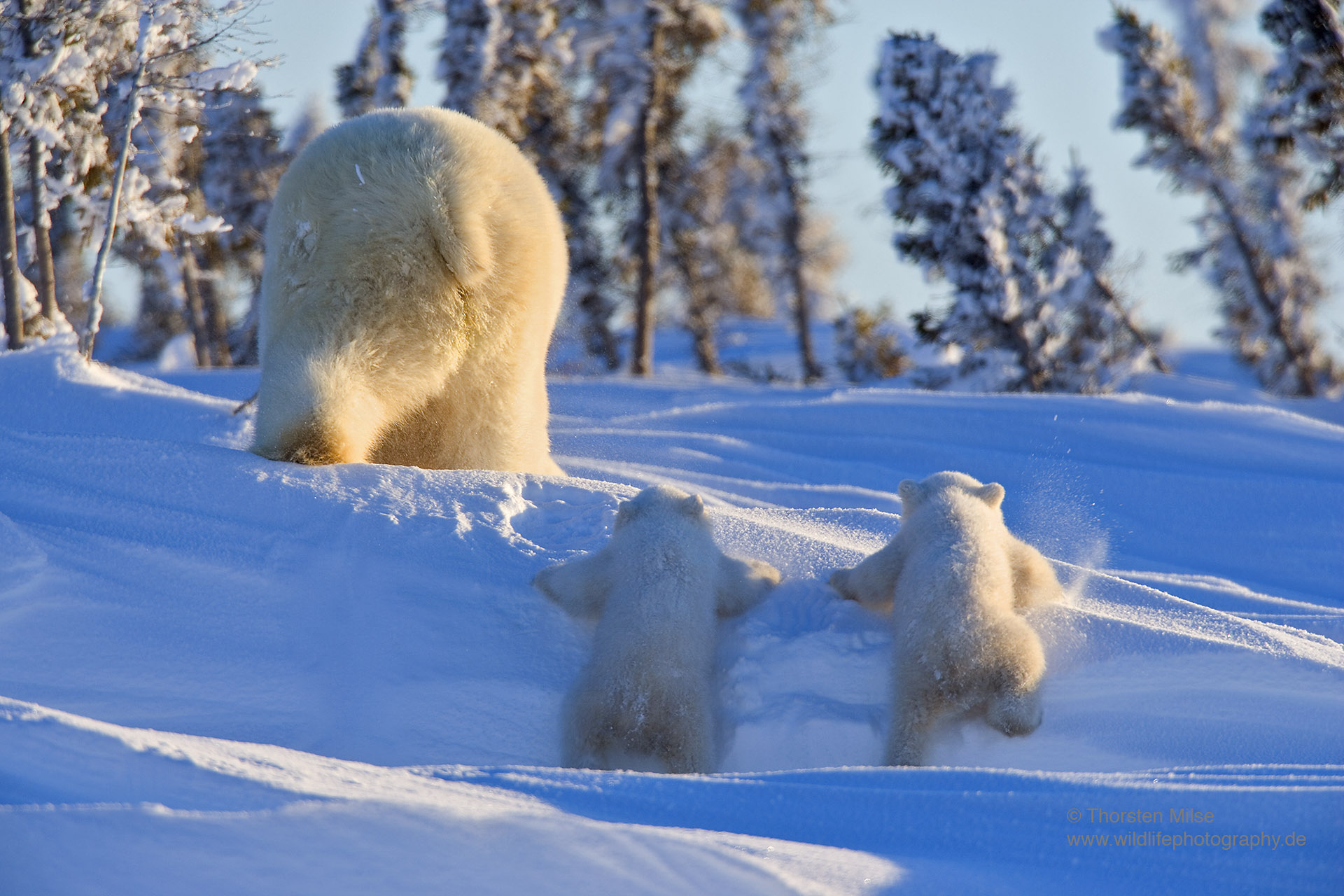
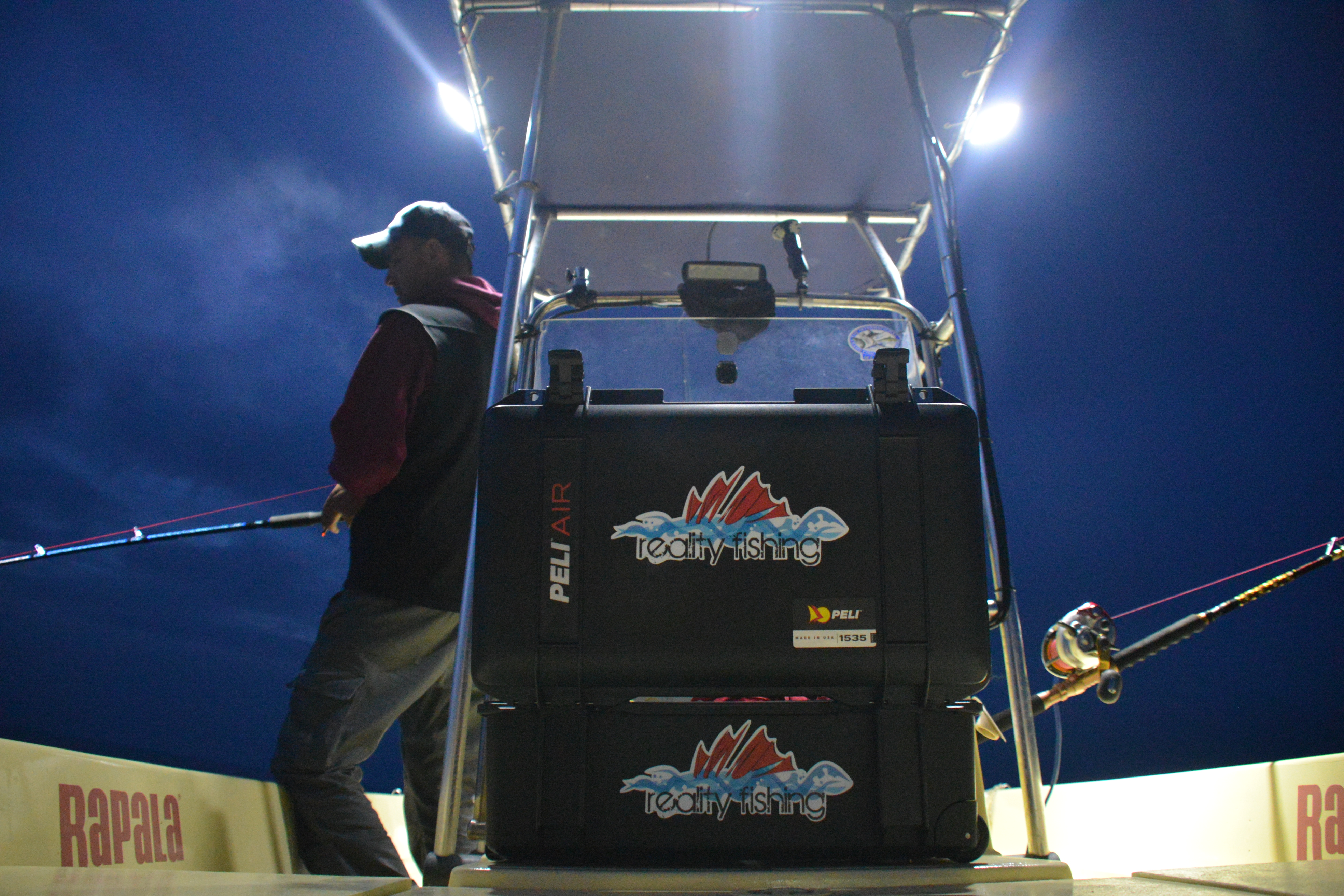
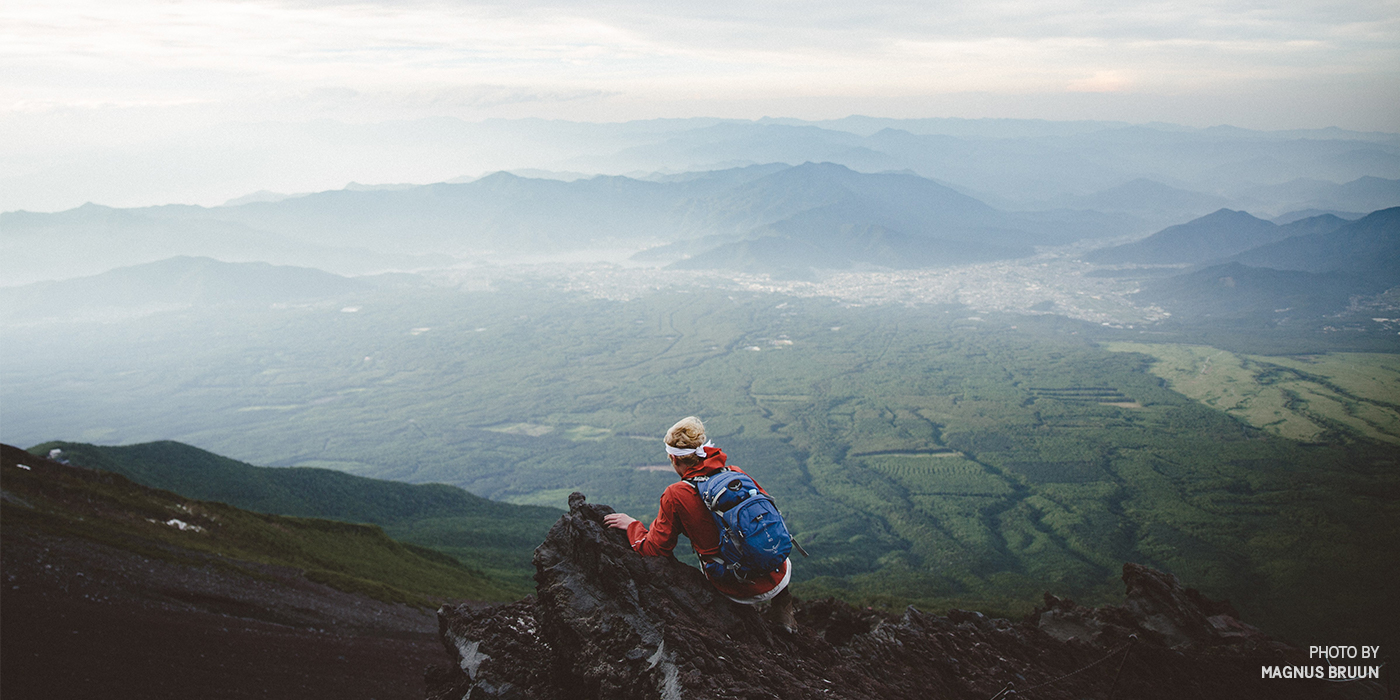

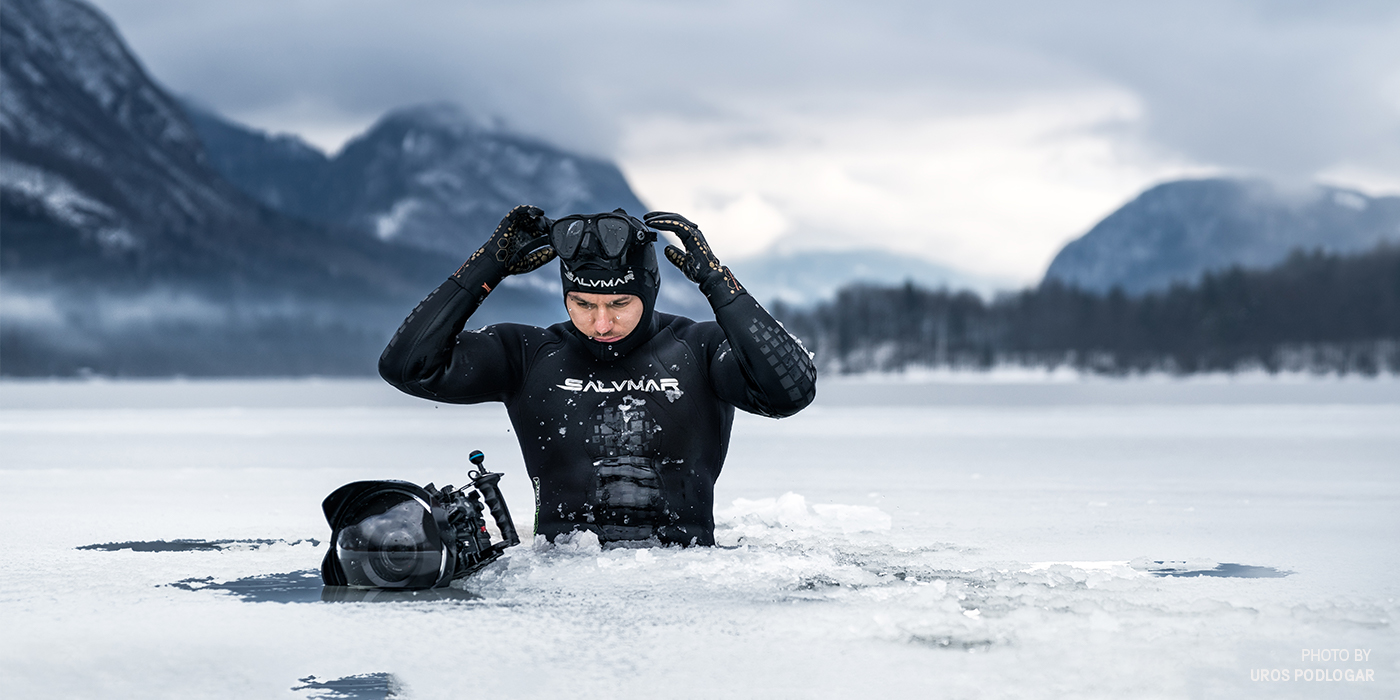
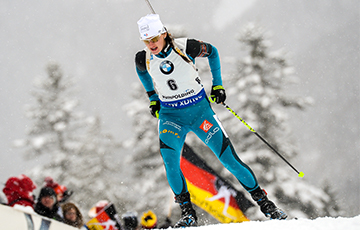
Post a comment